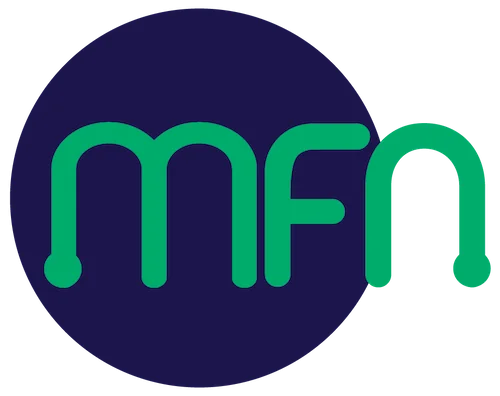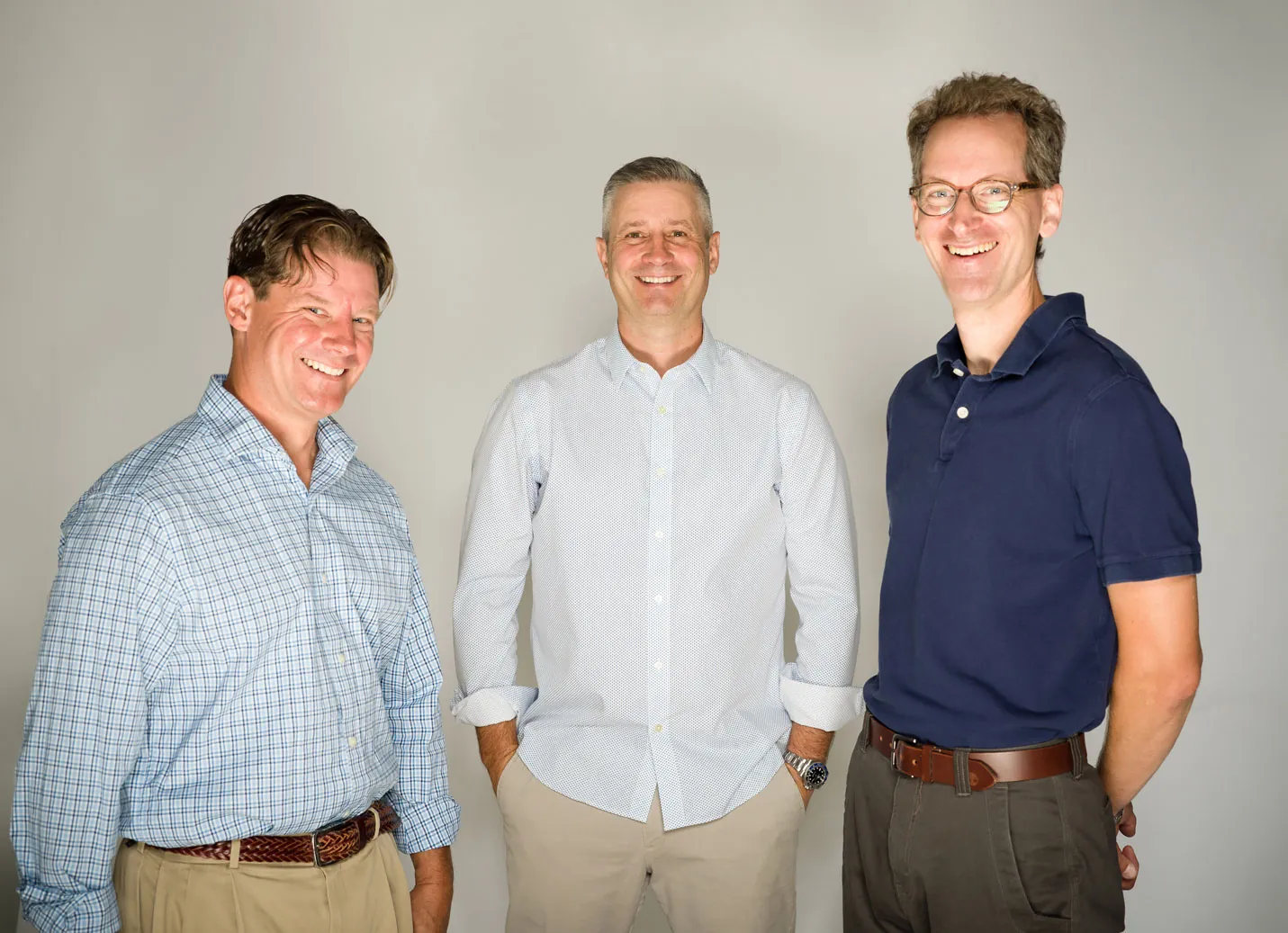Accelerator programs help founders keep focused and on track, but identifying the program that aligns best with a startup’s needs is its own challenge. Founders must take time to understand the various accelerator programs, and determine which has the most potential to elevate their startup.
Jeffrey Thomas, Lever’s executive director, and Robby Bitting, chief of staff at MassChallenge, shared insights from their experience overseeing accelerator programs – shedding light on what defines an accelerator program, how they support startups, and key factors for achieving favorable outcomes.
“Accelerator programs help entrepreneurs figure out what they don’t know,” Jeffrey commented. “To be a startup founder, you have to be wise and smart – but, ultimately, you have to make a lot of good decisions. Accelerator programs should help founders find their optimal path.”
Jeffrey explained that Lever’s accelerator programs are designed with a fair bit of structure, featuring a syllabus, homework, and deliverables. “For example, we typically ask founders to speak with at least 25 potential customers,” he noted. “While that takes a lot of time, and isn’t always fun, we believe good customer interviewing practices are the best way to ensure product-market fit and stay aligned with your market’s evolving needs.”
Robby Bitting oversees a diverse array of accelerator programs at MassChallenge, which is currently selecting finalists for its flagship industry-agnostic early-stage program.
“For our flagship program, we accept startups from every industry that have raised up to a million dollars in equity-based funding or have received up to two million in annual revenue,” Robby explained. To support such a wide spectrum, MassChallenge recruits a broad range of experts who can meet with startups and provide advice tailored to their specific needs. He noted, however, that the MassChallenge approach isn’t prescriptive. “Entrepreneurs have the flexibility to choose what they need for success,” Robby said.
Jeffrey noted that Lever takes a similar approach. “We try to support startups in any sector,” he said. “The main thing we look for are scalable enterprises. ‘Scalable’ has a very particular meaning in our world. It describes companies that are building around innovations that could give them a first-mover advantage to serve a sizable market in a short period of time.”
Founders are often curious about how companies are selected for acceleration programs, and Robby shed some light on how that process works at MassChallenge. “Every startup that applies to MassChallenge, whether or not they’re selected, gets written feedback and scoring from their judges,” he explained. “So we make the process valuable for everyone who’s applying.”
Robby acknowledged that it takes time to apply for accelerator programs, and noted that there isn’t a common application process for various programs that might be available. He recommends that founders take time to identify accelerator programs that are a good fit for their needs and stage. They should be clear about their goal for participating in the program, and be sure they understand to what extent the accelerator has resources to help them achieve those goals.
By fostering an environment of continuous learning and adaptation, accelerator programs empower entrepreneurs with the insights and skills necessary to move their ventures forward. MFN’s conversations with Lever’s Jeffrey Thomas and MassChallenge’s Robby Bitting illustrate that accelerator programs not only propel individual startups toward success but also contribute to the vibrancy and dynamism of the Massachusetts entrepreneur ecosystem.



